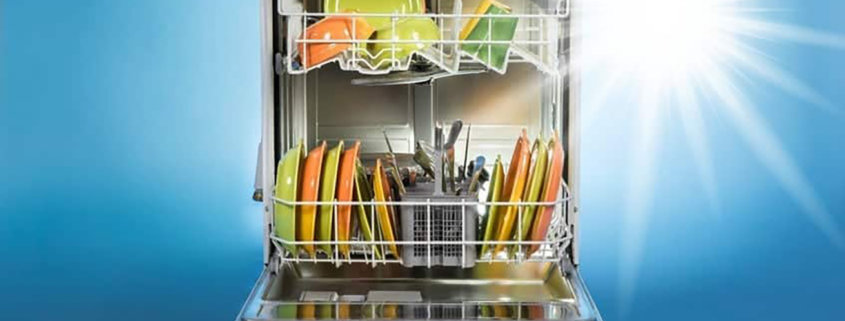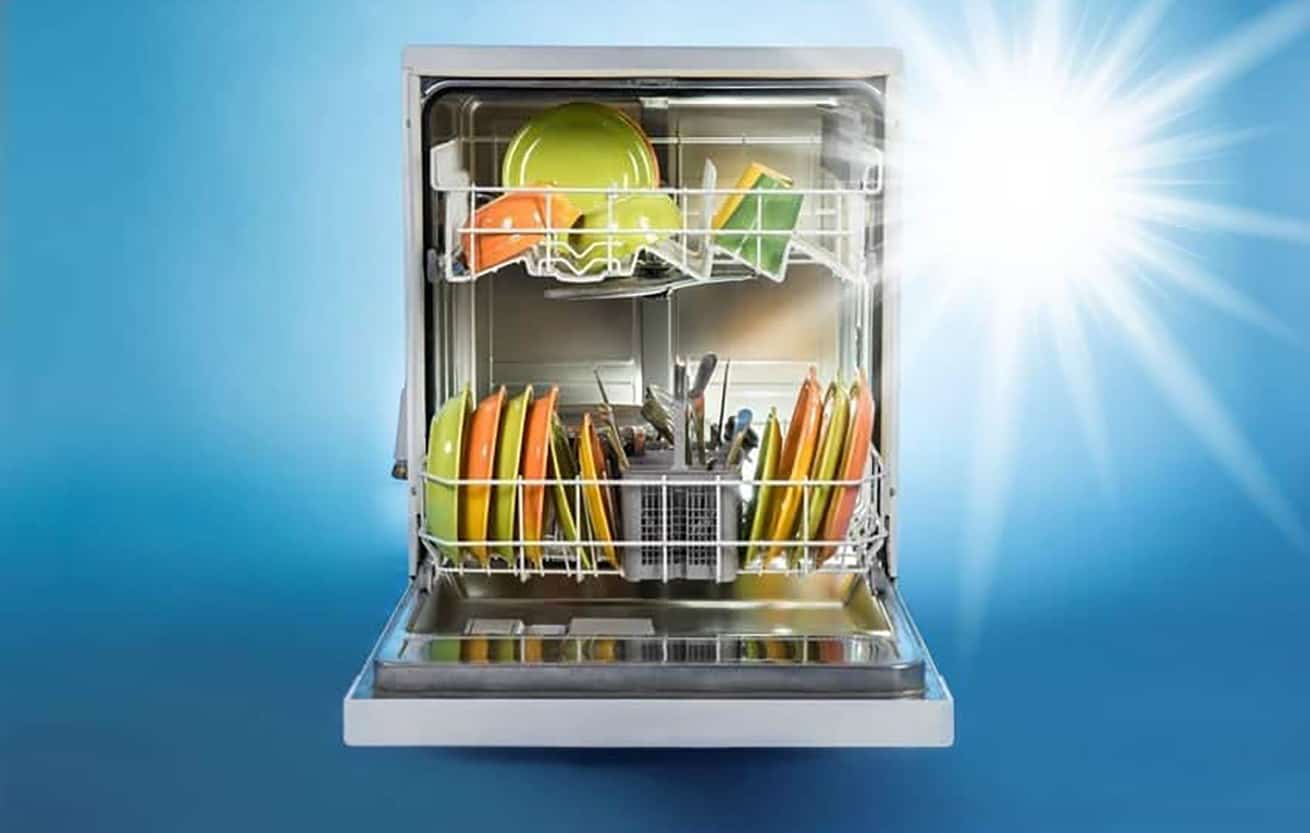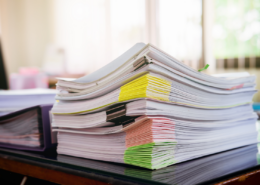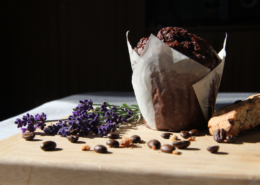How to Make a Dishwasher Perform Like New (Even If It’s Old)
I enjoy many things in my life, but I would not be completely devastated if required to give them up. My dishwasher is not one of them.
During our recent kitchen remodel, we got rid of the appliances except for my bare bones, no-bells-or-whistles, 14-year-old Whirlpool dishwasher.
Even though it was replaced, it has found a new home across town with our son and family. It continues to do a flawless job, not because it’s such a high-end machine (it’s not), but because I have learned the secrets of how to get any dishwasher to perform well.
It doesn’t matter how old your dishwasher is. If it will turn on, spray hot water and go through a complete cycle, you can turn out sparkling clean dishes. You just need to know a few secrets about cleaning, maintaining, and operating it.
Stop rinsing, just STOP!
You are wasting water but more than that you are removing one of the key ingredients necessary to activate modern-day automatic dishwashing detergent: acid. Automatic dishwasher detergent is formulated to work with food.
Scrape the chunks
Do not use water, do not pre-wash the dishes. Simply scrape off all chunks of food into the garbage with a rubber scraper spatula.
Load properly
If you don’t have your owner manual, go online to get a copy. Do an online search for your particular machine or go to a site like Kitchen Manuals Online. Look at the diagrams. There is a proper way to load a dishwasher. Failure to load correctly will return disappointing results. Once loaded, make sure all the moving parts can move. The spray arm should spin freely without hitting anything.
Measure the detergent
Stop dumping, and start measuring. And here’s where I become a brand snob. Usually, I say go for cheap, but I am passionate about buying the good stuff for my dishwasher.
Spend a little more to use a high-quality product like Cascade Platinum automatic dishwashing pods (not all machines are compatible with pods, so check this out for your machine) or Cascade Complete Dishwasher Powder. You have many choices. Just keep in mind that too much or too little automatic dishwashing detergent can be a big problem.
Again, read the owner’s manual to see how much to use. Prepare for this to be dependent on the “hardness” of your water.
Call your water company and ask this question: How hard is my water? They will give you a rating in “grains,” as in 17 grains on the hardness scale. With that information, look in your owner’s manual to see how many tablespoons of detergent you need per load for the type of water in your area. Unless you use a pre-measured product, be sure to always measure carefully.
Make it HOT!
The water needs to be at its hottest the moment that first burst of water enters the dishwasher. A blast of cold water may defeat the purpose of using high-quality detergent.
Do this: Before starting the machine, turn on the hot water in the adjacent sink. Let it run until the water is coming out hot. Now turn off the faucet and start the dishwasher.
Consider your options
Remember that Normal is only a setting on your dishwasher, not a personal affirmation. For an experiment, ditch Normal and try another setting, like Heavy (again, this is not personal) or Pots and Pans. Give those other settings a try. You’ll get a longer washing cycle and hotter water. Go for the gusto to see what happens.
Keep it clean
You need to clean and maintain the inside of your dishwasher. Monthly is good. Follow these simple steps with photos for how to remove the sprayer arm and clean out all of those little holes that can so easily become clogged.
Next, remove all of the racks and clean the inside of the machine. Look for the filter cap. Remove and pull out all of the grunge and accumulation. Yes, it’s gross but if you start doing this regularly, it won’t have a chance to fill up.
Now, let’s get the dishwasher sparkling clean, using one of these methods:
Vinegar
As part of your monthly clean, place a bowl or large cup of white vinegar inside the dishwasher and that’s all; no other dishes, pans, or utensils. Now, run it set to the hottest and longest wash cycle. Slowly, the vinegar will spill over and find its way through all of the parts, connectors, and hoses.
Citric acid
Citric acid is ideal as a dishwasher cleaner. It’s not hard to locate citric acid. In a pinch, a packet of lemonade or citrus-based powder for drinking can work well in cleaning out the jets and filters located on the inside of the dishwasher.
Bottles and individual packets of citric acid crystals can be purchased online, in grocery stores or home improvement stores. They are safe to handle, but it isn’t a bad idea to use a pair of gloves and a breathing mask if you have respiratory issues. The crystals can cause a puff of tiny particles when poured into the detergent cup and cause some respiratory distress.
Fill the detergent cup(s) with either citric acid or lemonade powder like unsweetened lemon Kool-Aid powder and run the machine empty on the longest cycle and hottest water possible to clean the insides and the connecting hoses. The citric acid will do a fabulous job of cleaning.
Commercial product
Or use a product like Affresh Dishwasher Cleaner.
Run it daily
Don’t let your dishwasher turn into a storage bin for dirty dishes. If you insist on running it only when it is full, and you don’t have enough dishes, utensils, pots, and pans to do that in one day’s time, wash them by hand. Dirty dishes with a residue of food on them will stinky because that food will begin to rot.
If you are a rinser or pre-washer, opting to use your dishwasher as a sanitizer of clean dishes, you’re not using that machine as it is intended to be used. Washing clean dishes with dishwasher detergent is going to, over time, turn out cloudy glassware and dishes with a weird hazy appearance. It’s all in the science! Dishwasher detergent NEEDS the residue of food (acid) to work properly.
I hear you
I know that many reading this are scoffing about now. You’re muttering that your dishwasher is too old to wash properly, or your water too hard, or some other reason why your dishwasher is all but worthless, which means you have to wash the dishes before dishwashing them. Or maybe you’ve stopped using it altogether because you just gave up.
Either way, indulge me. Give my method outlined above a chance. Just hold your nose and load those dirty dishes properly with the right amount of detergent on a robust cycle and the hottest water possible.
I can’t wait to hear what happens!
Everyday Cheapskate participates in the Amazon Services LLC Associates Program, an affiliate advertising program designed to provide a means for us to earn from qualifying purchases, at no cost to you.
















Advice please…safe to say that my dishwasher has not been run in years (plural). At this point I’m a bit scared to run it (have the rubber seals gone bad, etc.) I don’t want a flood in the kitchen. Short of calling a plumber (who would charge arm/leg and then probably run the dishwasher) what would you do?
On my list of monthly chores is cleaning the dishwasher. First, I pull out the screen and filter and give them a good scrub (lots of gunk!). Before reinstalling them, I put a cup of baking soda down in the “well.” Then I run the hottest cleaning cycle with a cup of vinegar in the top rack. Finally, I reassemble the filter area, wipe down the inside of the door, and around the door seal. Sounds like a lot, but it keeps my cheap apartment dishwasher singing!
Regarding your comment to run the dishwasher daily, if the only downside is the food smelling, then I am OK with that. My husband and I have been empty nesters for 6 months. Since it is just the two of us now, we only run it about every 4 days. Only when we eat fish does the dishwasher smell bad but I am OK with that smell and waiting to run it until it is full. Saves water and detergent. And my machine is over 10 years old.
I was considering the possibility that my dishwasher would need replacement. I followed the directions for cleaning the spray arms and my dishwasher cleans well again. I didn’t even need a socket wrench as they are connected with a twist-open cap. This couldn’t have been an easier or more timely solution to my dishwasher problem. Thank you!
Awesome news, Julie!
I use orange Tang (per Mary’s suggestion from a previous post) monthly and it works wonders to keep the plumbing brand-spanking new on our Bosch. A friend of mine was complaining that the dishwasher in their rental wasn’t working. After trying this trick it made a world of difference. Thanks for the tip, Mary!
It’s a great tip, Tang!
Thank you for this information. I also have found a great “trick” that works really good with the hard water we have…it’s taken off all the “clouds” on glass, plastic as well as my metal colanders! In the soap dispenser I add one pod, ONE DROP of Dawn, close it up and then I toss in 1/2 cup of white vinegar into the bottom of the dishwasher. I do this with every load. Not only are glasses and dishes spotless but so is the inside of the dishwasher. I do NOT have a stainless model.
So, do not waste water rinsing the dishes but run water in sink until hot?
Yes. Waiting for the water to get hot requires very little time, and not that much water. But keep in mind the purpose of “not rinsing” is to make sure you are leaving some amount of acid (food residue) on some of the things you put into the dishwasher to activate the automatic dishwasher detergent.
Yeah, I hate that idea too. So what I do is gather that water in a container and use it for my plants. I just can’t let clean water go down the drain!
My dishwasher has a 30 minute cycle and I tried it – everything came out clean as a whistle – it doesn’t do a heated dry but the dishes if left for 15 minutes after it has finished are dry. My ‘normal’ cycle doesn’t have a ‘no heated dry’ option and takes 2 hours and 15 minutes. I love my 30 minute cycle. It may use a bit more water but I sometimes run 2 cycles – one mid day and one at night and our dishes are always clean. I even put the basket and tray from my air fryer oven in and they come out clean too.
Fair enough, it’s not a very old machine. Oh and yes Cascade Platinum is great! When I couldn’t find some I bought a different brand which didn’t work as well – soap was often not fully dissolved and the dishes weren’t as consistently clean. I gave away the ones I hadn’t used and went back to Cascade … worth the extra cost IMO.
Even running the dishwasher through a complete cycle with a half load of dishes uses less water than a proper hand washing. This has been proven and dishwashers are far better at sanitizing. In this time of COVID properly washed dishes and cutlery will reduce the spread of viruses and bacteria.
I have a Bosch. It was here when I moved in 5 years ago. No matter what I do, there is always residue in my coffee mugs. Everything else is very clean. Help. I scrape, not rinse. Filters are clean.
Is your rinse aid reservoir full? Jet Dry is a great brand. Or fill it with white vinegar. That film may be stuck on those mugs. So try this: Fill a sink or dishpan with HOT water and about 1/4 cup or so or borax. Soak those mugs in it. Should remove all that film, haze, coffee stains.